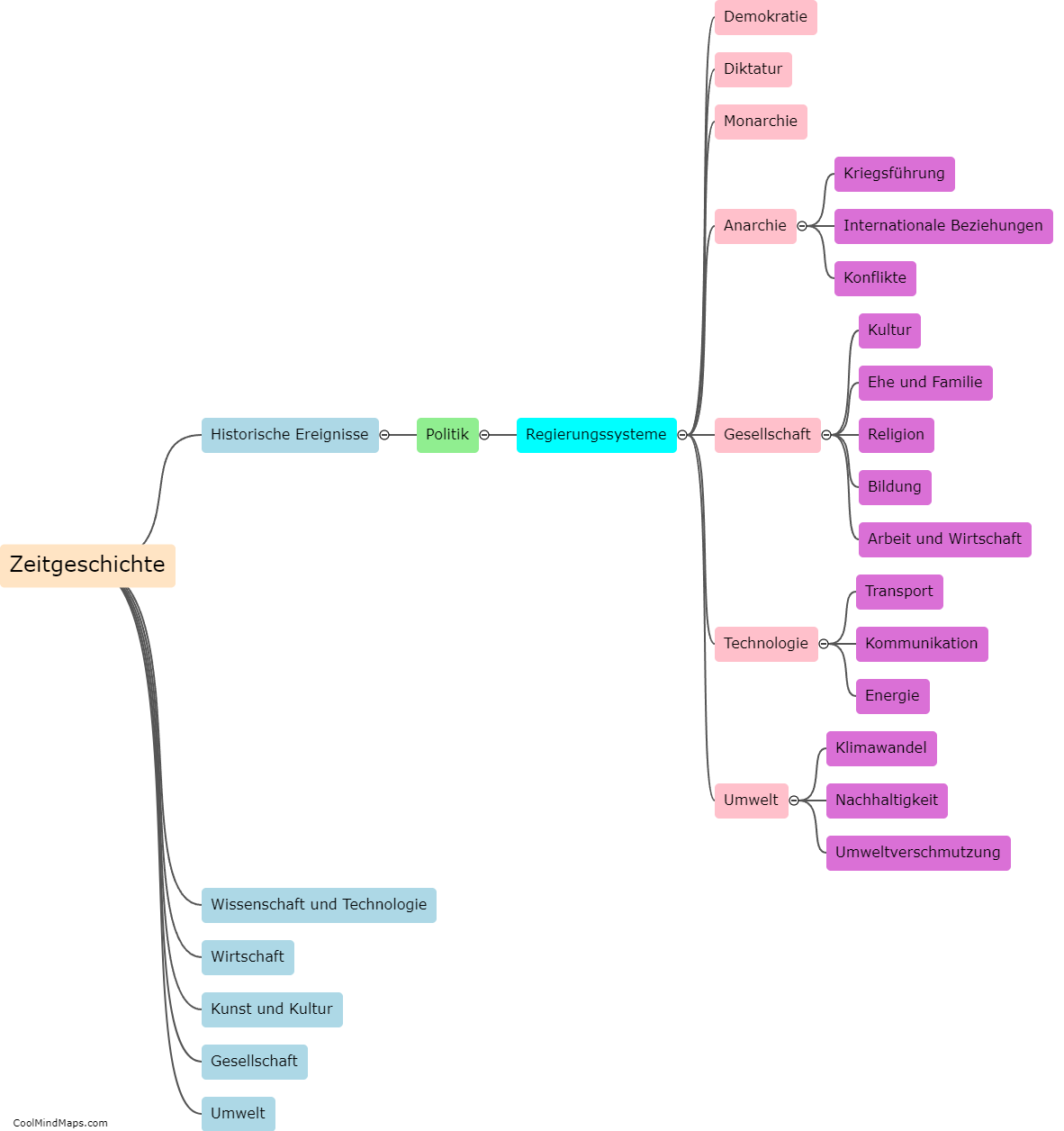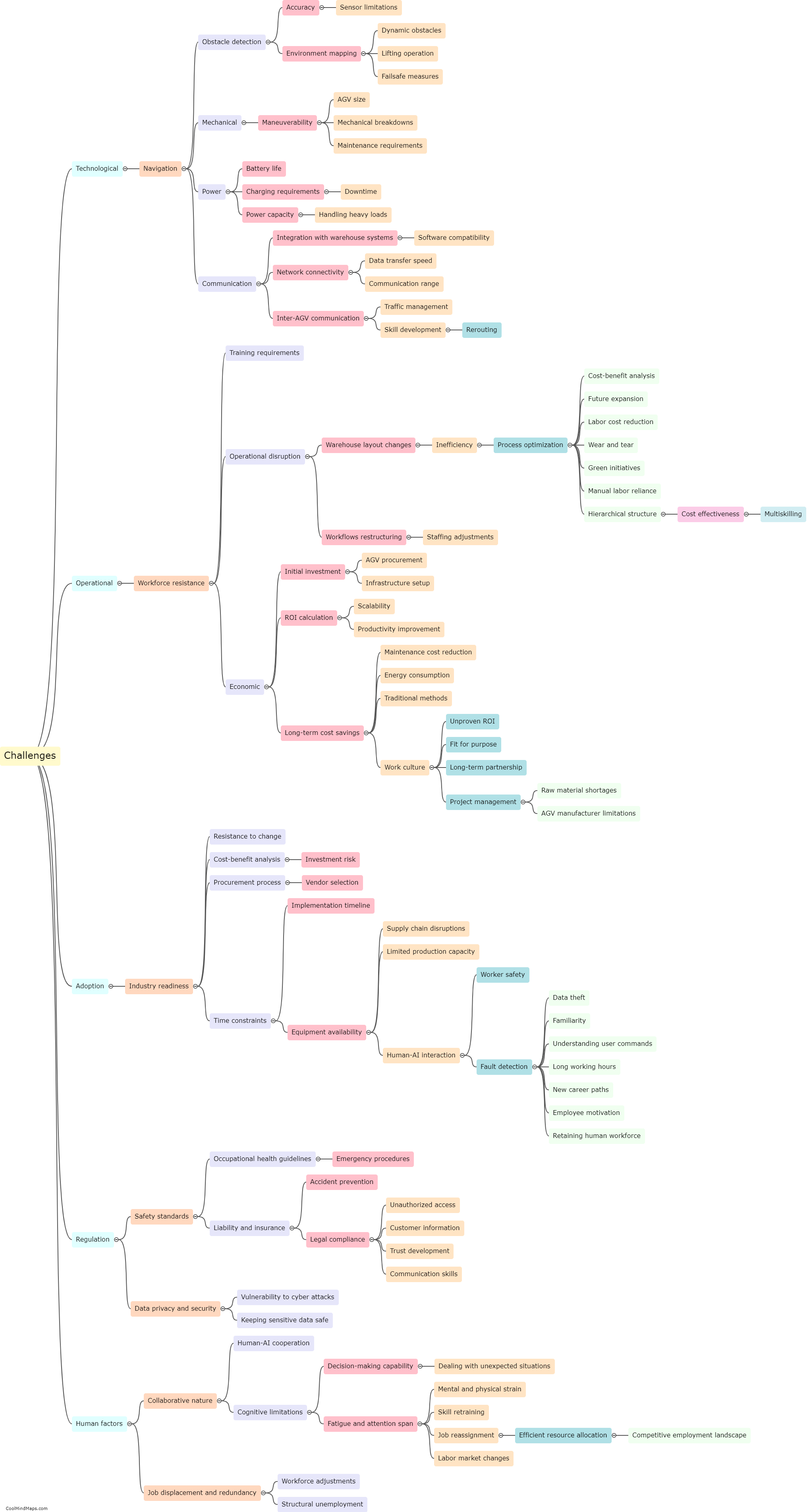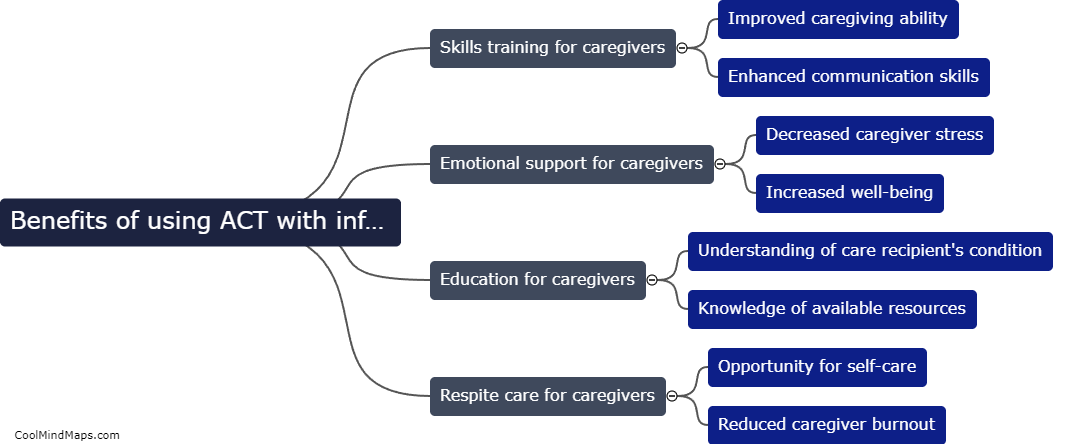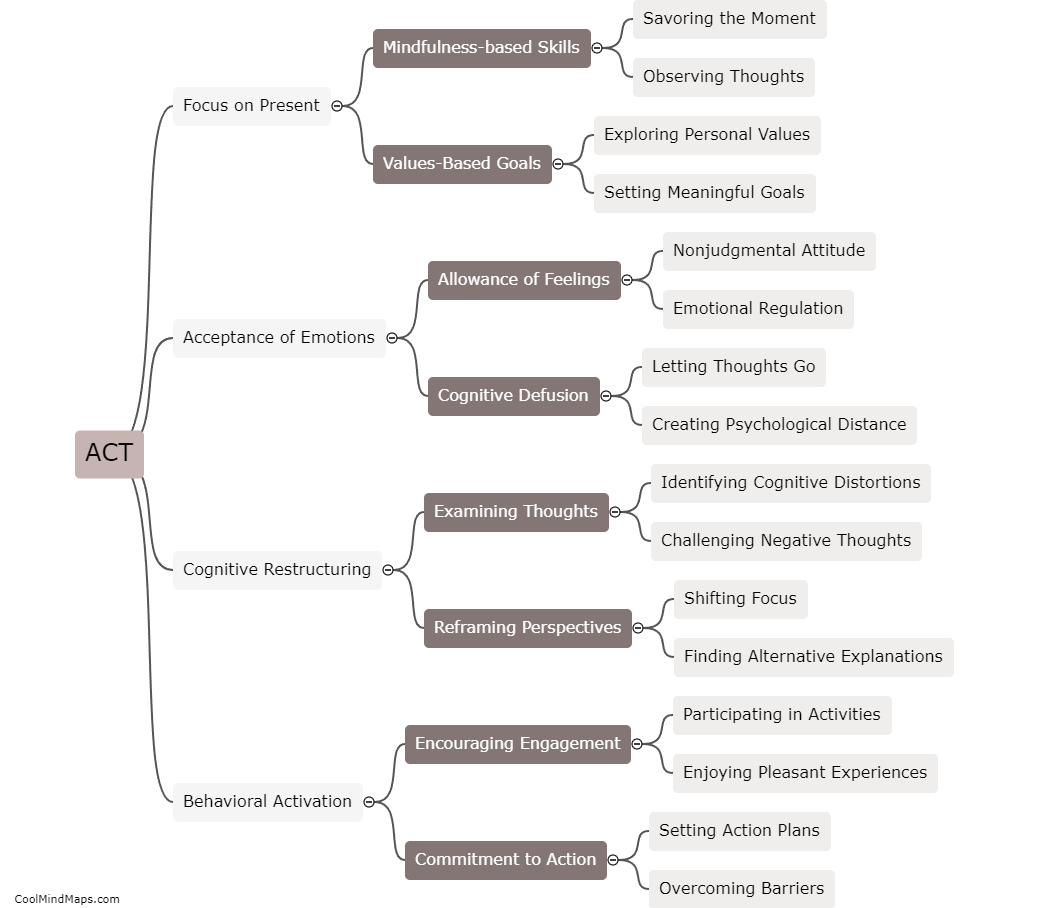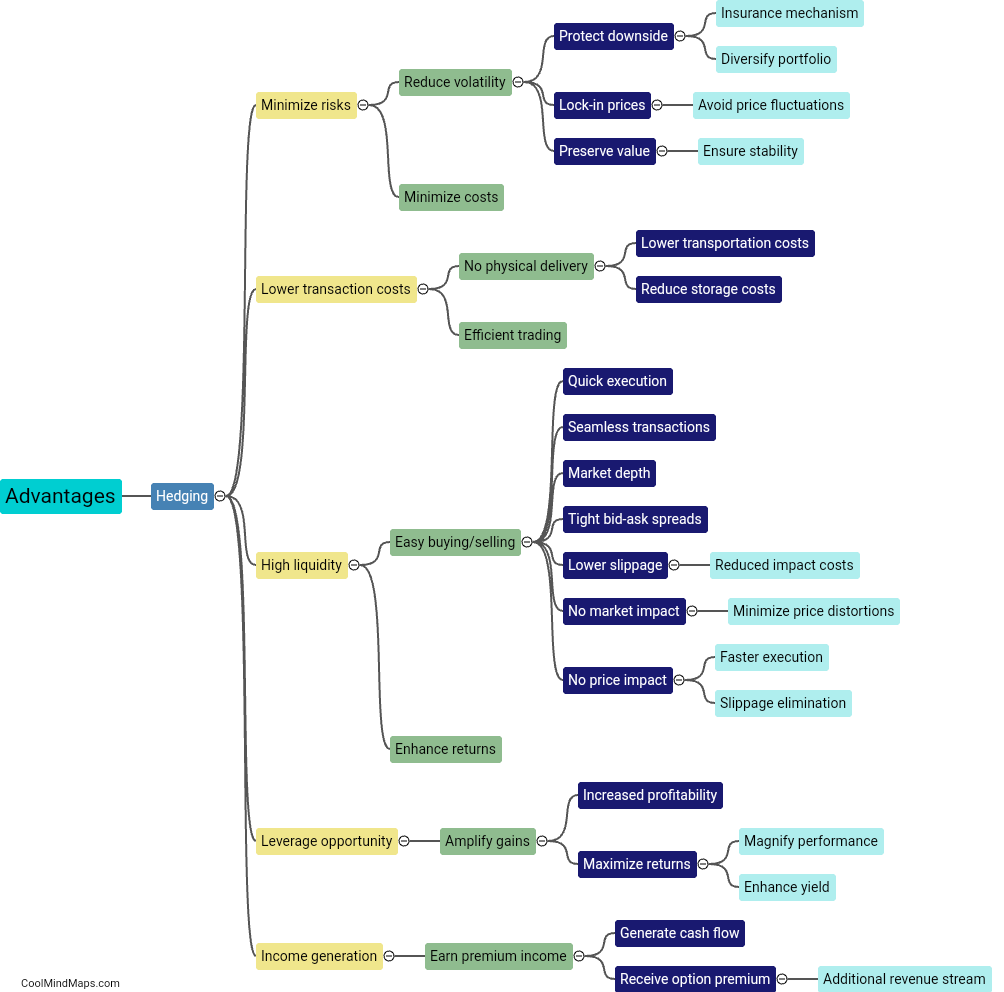What are the key principles shared by ACT and ABA?
Both Acceptance and Commitment Therapy (ACT) and Applied Behavior Analysis (ABA) are evidence-based therapeutic approaches that share a number of key principles. Firstly, both ACT and ABA emphasize the importance of behavior change through the use of effective and measurable strategies. They both focus on the present moment and seek to improve the individual's quality of life by addressing specific behavioral issues. Additionally, they both emphasize the importance of functional assessment, which involves understanding and analyzing the contextual factors that contribute to a person's behaviors. Both approaches value collaboration between the therapist or practitioner and the individual, promoting active participation and involvement in the therapeutic process. Lastly, ACT and ABA share the goal of increasing psychological flexibility, with an emphasis on acceptance, mindfulness, and commitment towards meaningful values and goals.
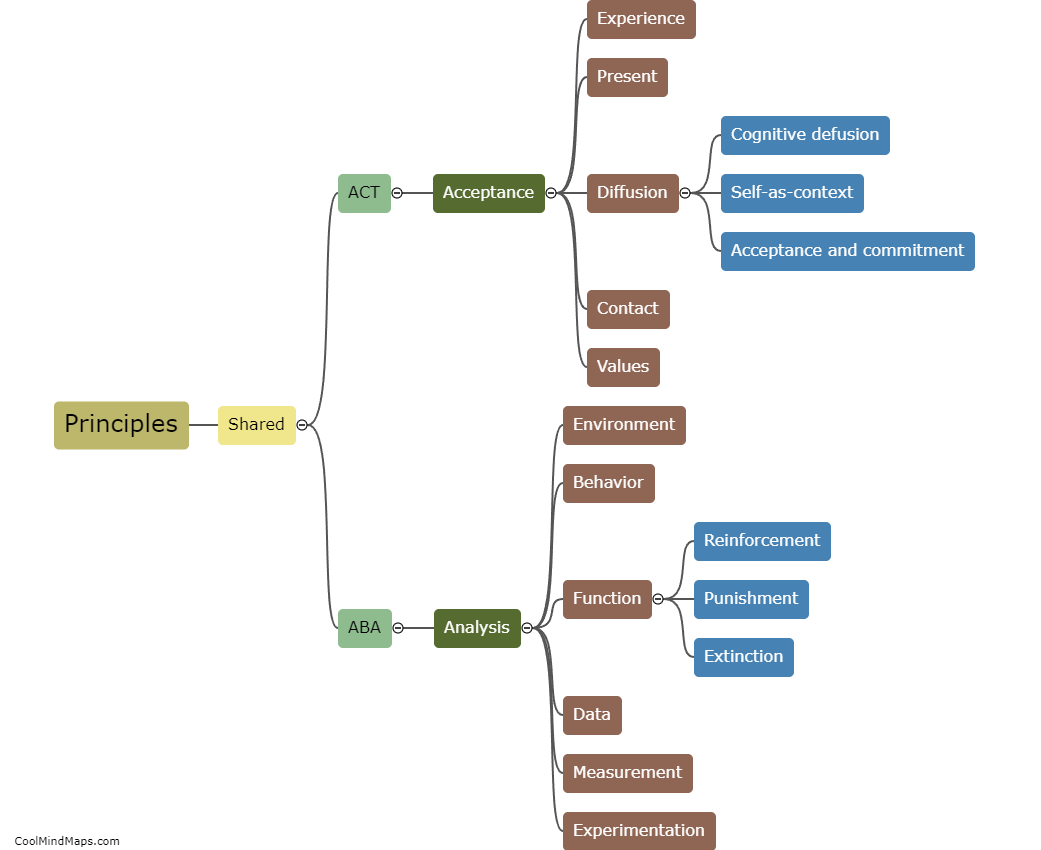
This mind map was published on 22 January 2024 and has been viewed 103 times.


